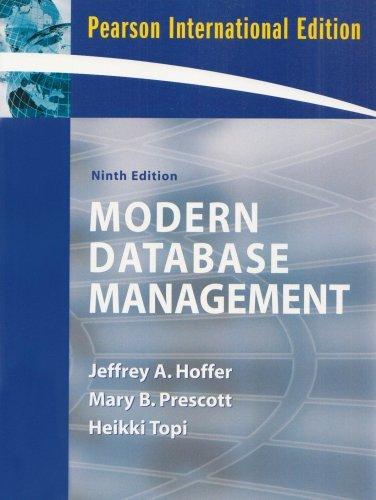Question
WEEK 5: TECHNOLOGY, MORALITY, AND ETHICS This week, we will explore the concept of ethical thought. As your lecture points out, there are many different
WEEK 5: TECHNOLOGY, MORALITY, AND ETHICS This week, we will explore the concept of ethical thought. As your lecture points out, there are many different ethical arguments, but two large groups of thought are deontological (largely associated with the work of Immanuel Kant) and telelogical ethics (largely associated with John Stuart Mill). The first believes that we should judge our ethics based on the idea of universal understandings. For example, it is logical that all persons do not wish to be harmed, so ethically we can establish a principle based on this. So, under this line of thought, if it is ethically wrong to harm a person, then the death penalty must be ethically wrong, because it violates this principle. If you follow this ethical approach, all ethical questions must be evaluated in accordance to these universal principles. In contrast, telelogical ethics, which utilizes utilitarian thought, looks to the outcome of the action and weighs if it is good based on its impact on the majority. For example, in considering the idea of the death penalty again, one must weigh whether utilizing the death penalty benefits the majority of the population. If the majority is helped, then the action is viewed as ethically sound; if the majority is hurt, it is not. In understanding these thoughts and approaches, what do you think about cloning? Is there a universal thought it may violate? Or can it be considered as good for a majority? What are your thoughts, and what are the different questions that can be raised behind them?
Step by Step Solution
There are 3 Steps involved in it
Step: 1

Get Instant Access to Expert-Tailored Solutions
See step-by-step solutions with expert insights and AI powered tools for academic success
Step: 2

Step: 3

Ace Your Homework with AI
Get the answers you need in no time with our AI-driven, step-by-step assistance
Get Started


